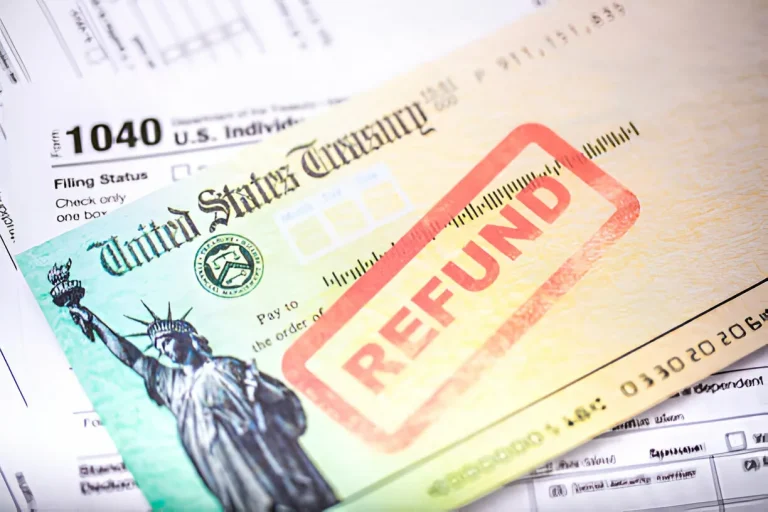🎧 Listen to This Article
As tax season reaches its final stretch, many Americans eagerly await tax refunds. The IRS is processing refunds at full speed, but timing can be everything. A prompt refund offers some taxpayers much-needed financial relief, while others may face delays. The IRS has set a clear processing window, but the system’s complexity means varying timelines depending on how returns are filed and the credits claimed.
The refund window for those who filed between April 7 and 13, noting that direct deposit recipients are in line to get their funds between April 28 and May 4. It also highlights how different methods of electronic filing versus paper submissions impact refund processing times.
Read More: IRS Tax Refund 2025
Refund timing might seem mundane, but it’s a big deal. For many, refunds aren’t just a bonus; they’re critical to their financial health. Taxpayers rely on the timely processing of refunds to cover everything from emergency expenses to holiday shopping or debt repayment. With the IRS offering a 10-21-day window for processing refunds, the situation can be a financial lifeline or a headache, depending on the method chosen.
For taxpayers using EITC or CTC, delays are common. While these credits aim to support low-income families and children, they also extend the IRS processing time. With refunds often forming a critical part of family budgets, these delays are inconvenient and a financial stressor for households that depend on these funds.
Taxpayers, especially those who expect EITC or CTC, should plan accordingly. If a refund is needed urgently, opting for e-filing and direct deposit is the best route to speed things up. Paper returns, however, should be avoided, as the check method is slower and often prone to longer delays.
Strategically, companies in the tax preparation industry may consider advertising faster refund services or partnerships with electronic filing software providers to help customers navigate the process. Similarly, financial institutions could target this period with short-term loan offers or other products to help people bridge the gap while waiting for refunds.
This delay issue isn’t unique to the U.S. Many countries have complex tax systems that lead to refund delays. For example, the UK’s HMRC often experiences delays in the processing of refunds, especially for those claiming tax credits. Similarly, countries like Canada also face challenges with refund timing when families claim child-related credits or other tax breaks.
Looking back, refund systems globally have been a point of contention for years. In some jurisdictions, like South Korea, the government has introduced automated systems to ensure more timely processing of tax returns. If the U.S. could streamline this process or reduce the paperwork burden, it could alleviate much of the stress around refund timelines.
For further details, clarification, contributions, or any concerns regarding this article, please get in touch with us at editorial@tax.news. We value your feedback and are committed to providing accurate and timely information. Please note that our privacy policy will handle all inquiries.



